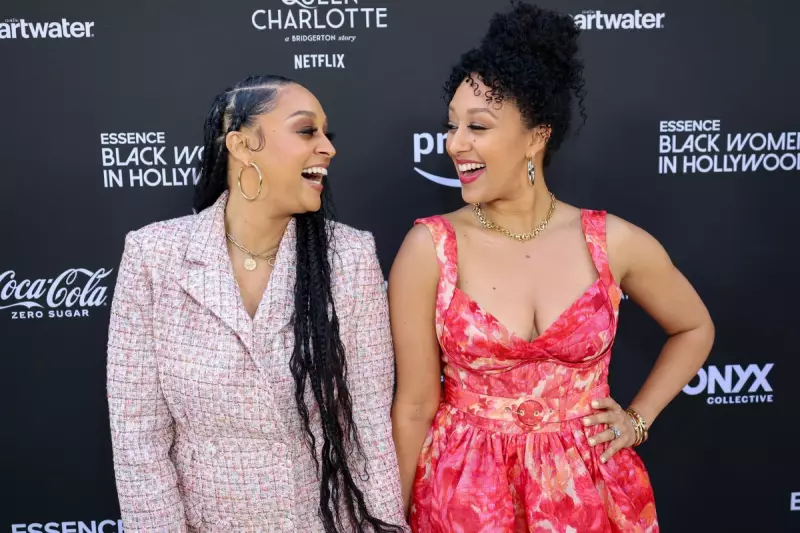
Actress and lifestyle influencer Tia Mowry has publicly addressed mounting criticism of her parenting methods, delivering a powerful defence of her approach to raising her two children. The former Sister, Sister star took to Instagram to confront detractors who labelled her techniques as "too soft" or overly permissive.
In her emotional video message, Mowry articulated the philosophy behind what many recognise as gentle parenting. "I will forever affirm my children's feelings," she declared, emphasising the importance of emotional validation over traditional disciplinary methods. The 45-year-old explained how this approach consciously breaks from the parenting patterns she experienced growing up.
Breaking Generational Cycles
Mowry didn't shy away from addressing the cultural context of her choices. She revealed her commitment to ending what she described as generational trauma, specifically referencing practices common in Black households and other communities of colour. "I'm breaking generational curses," she stated, highlighting her determination to create a new emotional legacy for her family.
The actress shares her children, 11-year-old Cree and 6-year-old Cairo, with ex-husband Cory Hardrict. Her parenting content regularly attracts significant engagement from her substantial social media following, though not all feedback has been supportive.
Social Media Reaction
Responses to Mowry's defence have been decidedly mixed across platforms. Supporters have praised her vulnerability and modern approach, with many parents sharing similar experiences of criticism for moving away from authoritarian methods. Detractors, however, maintain that her methods lack sufficient discipline and boundaries.
This incident highlights the intense scrutiny celebrity parents face regarding their childcare choices. Mowry's decision to address criticism directly reflects a broader trend of public figures using their platforms to advocate for parenting philosophies that prioritise emotional intelligence and psychological well-being.
As parenting styles continue to evolve beyond traditional models, debates like this one seem destined to persist. Mowry's stance places her firmly within the growing movement advocating for more emotionally responsive and trauma-informed approaches to child-rearing.





